This spring, Harvard Law School showcased the works of faculty, alums, and other affiliated individuals at book events throughout the semester. The Harvard Law School Library continued its ongoing series of book talks featuring works by Cass Sunstein ’78, Daniel Medwed ’95, and Randall Kennedy, while book discussions were also hosted by entities across the school, including the Program on Negotiation, the Berkman Klein Center for Internet and Society, the Petrie-Flom Center for Health Law Policy, Biotechnology, and Bioethics, and a number of student organizations. Here, we feature a selection of the book events that took place during the spring semester.
Barred: Why The Innocent Can’t Get Out of Prison
Daniel Medwed ’95
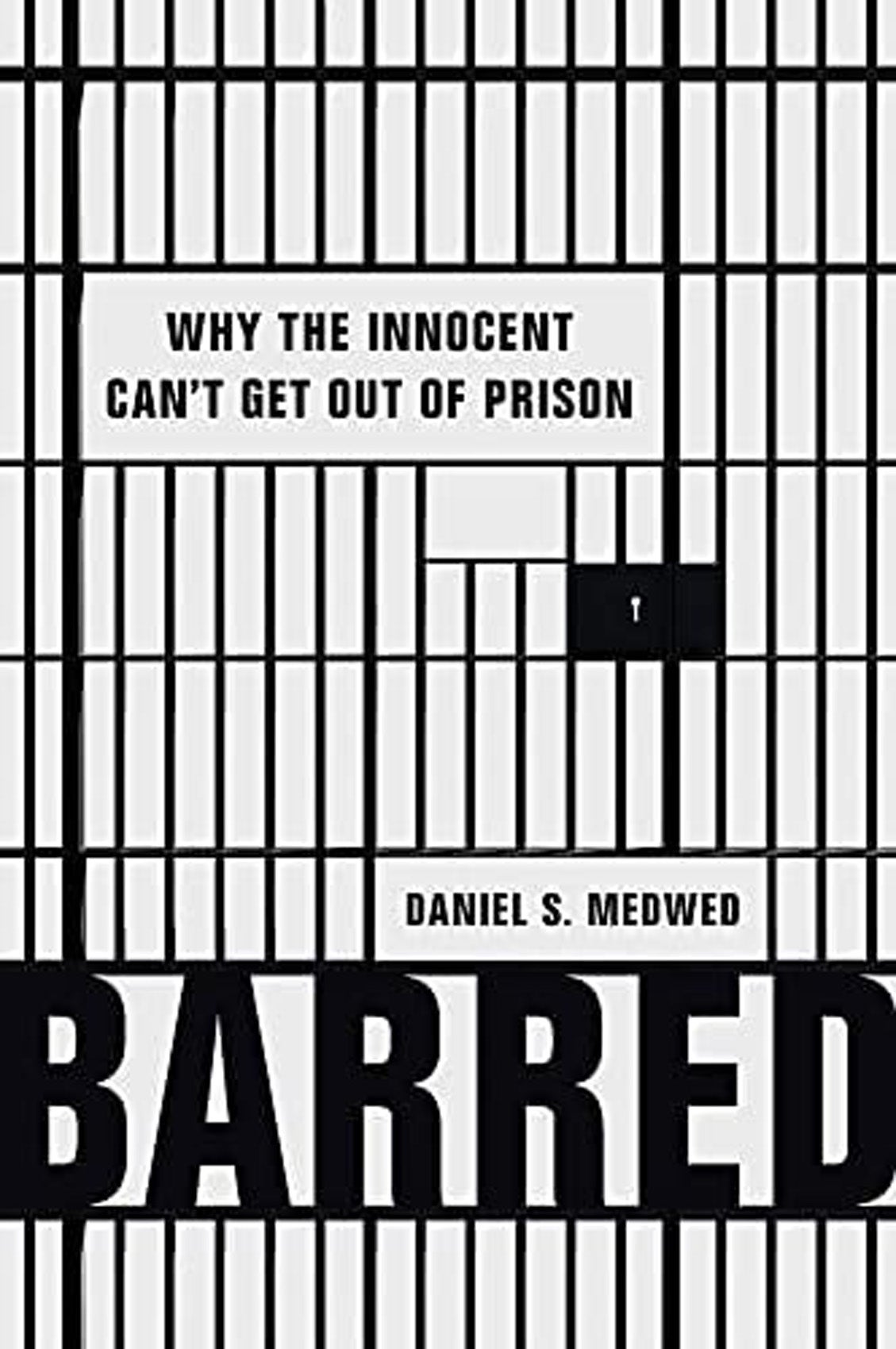
In his book, “Barred: Why the Innocent Can’t Get Out of Prison,” Harvard Law School Visiting Professor Daniel Medwed ’95 argues that the justice system’s stringent procedural rules are largely to blame for the ongoing punishment of the innocent, guaranteeing criminal defendants just one opportunity to appeal their convictions and little opportunity to seek relief thereafter. At a Harvard Law School Library book talk in January, Medwed spoke with Harvard Law Professor and criminal justice expert Alexandra Natapoff about his new book and the many systemic barriers to overturning wrongful convictions.
Read Harvard Law Today’s coverage of the talk, “Why do innocent people go to, and stay in, prison?”
Say It Loud! On Race, Law, History, and Culture
Randall Kennedy
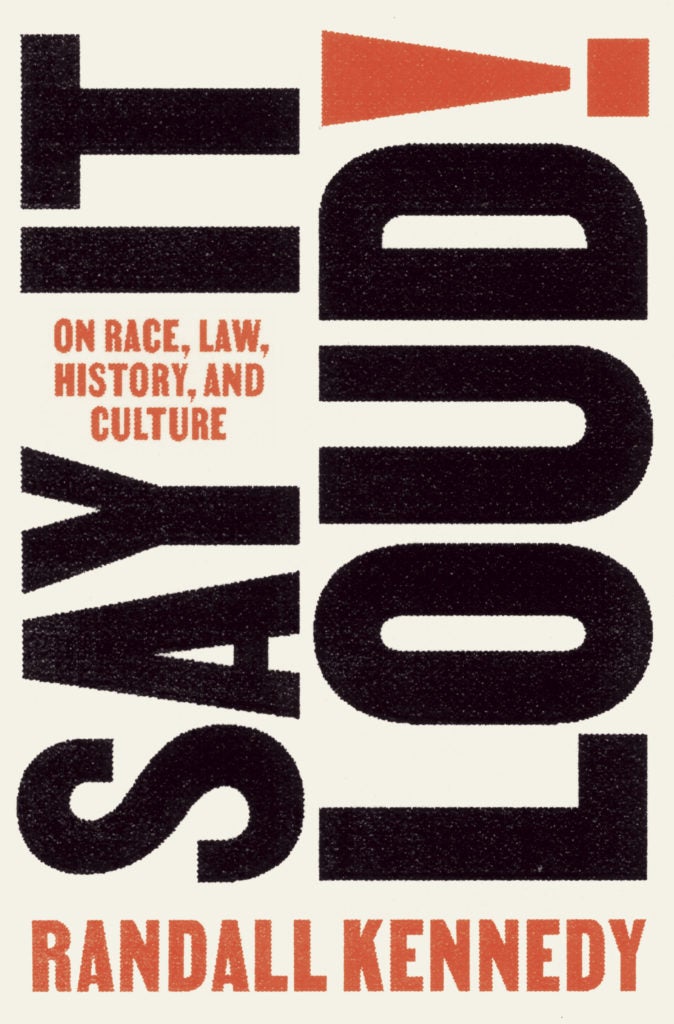
Described as a “wide-ranging summa of Randall Kennedy’s thought on the realities and imaginaries of race in America,” “Say It Loud!” jumps across a broad range of controversial topics, from the memorialization of racist historical figures to the limits of Brown v. Board of Education. During a Harvard Law School Library event revisiting the book (which Kennedy first discussed at a 2021 HLSL book talk), Kennedy was joined in conversation by former HLS dean and 300th Anniversary University Professor Martha Minow, an expert in human rights and advocacy for members of racial and religious minorities and for women, children, and persons with disabilities.
Look Again: The Power of Noticing What Was Always There
Cass Sunstein ’89 and Tali Sharot
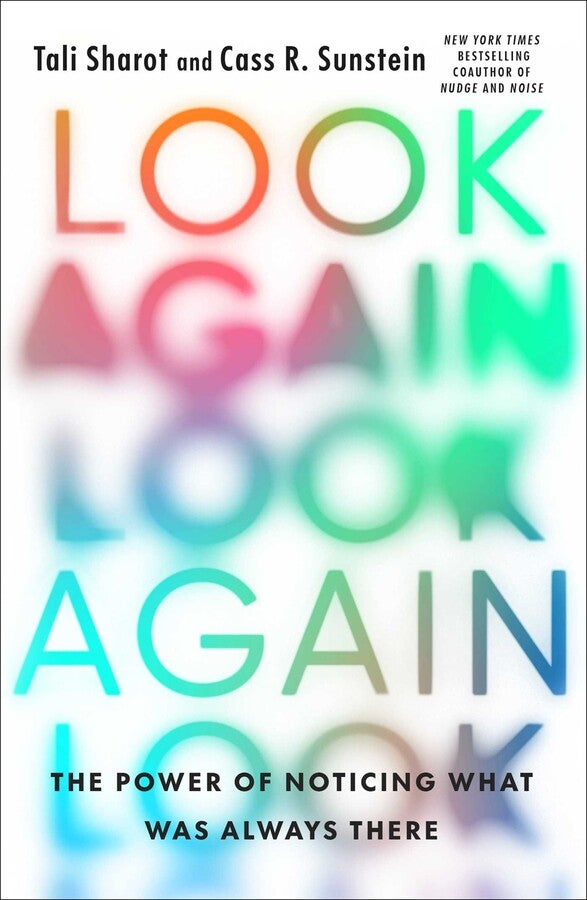
From the publisher: In “Look Again: The Power of Noticing What Was Always There,” neuroscience professor Tali Sharot and Harvard Law Professor (and presidential advisor) Cass R. Sunstein investigate why we stop noticing both the great and not-so-great things around us and how to “dishabituate” at the office, in the bedroom, at the store, on social media, and in the voting booth. This groundbreaking work, based on decades of research in the psychological and biological sciences, illuminates how we can reignite the sparks of joy, innovate, and recognize where improvements urgently need to be made. The key to this disruption — to seeing, feeling, and noticing again — is change. By temporarily changing your environment, changing the rules, changing the people you interact with — or even just stepping back and imagining change — you regain sensitivity, allowing you to more clearly identify the bad and more deeply appreciate the good.
Possible: How We Survive (and Thrive) in an Age of Conflict
William Ury
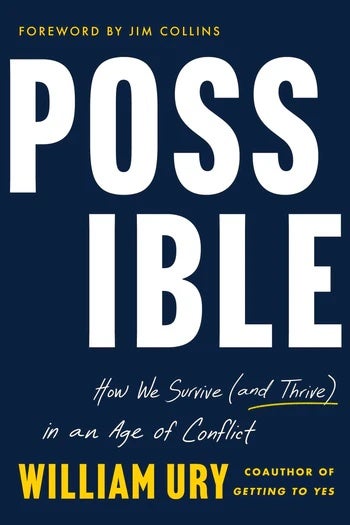
In “Possible: How We Survive (and Thrive) in an Age of Conflict,” negotiation expert and Program on Negotiation co-founder William Ury presents an actionable framework, a “Path to Possible,” for navigating conflicts of any scale — from boardroom battles to large-scale international conflict — by sharing a range of personal stories intermixed with practical takeaways. In January, Ury discussed the book as part of the Program on Negotiation’s PON Live! series of events and discussions.
COVID-19 and the Law: Disruption, Impact and Legacy
I. Glenn Cohen ’03, Abbe R. Gluck, Katherine Kraschel ’12, Carmel Shachar J.D./M.P.H. ’10, editors
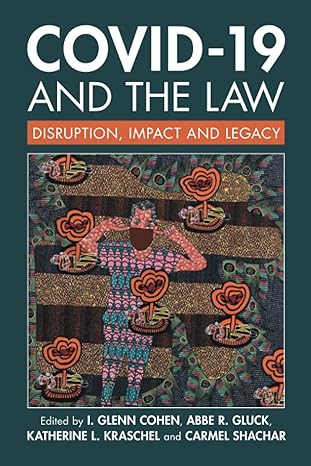
The publication of “COVID-19 and the Law: Disruption, Impact and Legacy,” an edited volume based on the Petrie-Flom Center’s 2021 annual conference, was marked by a spring event on the COVID-19 pandemic’s “legal legacy.” In the moderated discussion, prominent experts and contributors to the volume reflected on the ethical, legal, regulatory, social, and institutional impacts of the COVID-19 pandemic.
Guardrails: Guiding Human Decisions in the Age of AI
Urs Gasser LL.M. ’03 and Viktor Mayer-Schönberger LL.M. ’89

The Berkman Klein Center welcomed former executive director Urs Gasser back to Harvard to celebrate the launch of his new book, “Guardrails: Guiding Human Decisions in the Age of AI” in conversation with Lis Sylvan, senior director of strategy and programming at BKC, and internationally renowned security technologist Bruce Schneier, a Berkman Klein affiliate.
From the publisher: In this visionary book, Urs Gasser and Viktor Mayer-Schönberger show how the quick embrace of technological solutions can lead to results we don’t always want, and they explain how society itself can provide guardrails more suited to the digital age, ones that empower individual choice while accounting for the social good, encourage flexibility in the face of changing circumstances, and ultimately help us to make better decisions as we tackle the most daunting problems of our times, such as global injustice and climate change.
Not My Type: Automating Sexual Racism in Online Dating
Apryl Williams

A new book by Berkman Klein Center faculty associate Dr. Apryl Williams exposes how race-based discrimination is a fundamental part of the most popular and influential dating algorithms. “Not My Type: Automating Sexual Racism in Online Dating” provides a socio-technical examination of the AI systems powering Tinder, Bumble, Hinge, and other apps. Williams uses deep analysis of companies’ patents and technology to reveal how racism and romance are now inextricably linked through computer code. She also interviews more than 100 app users, exploring why online dating as a person of color is so fraught. At a Berkman Klein event, Williams sat down to discuss her book with the Cyberlaw Clinic’s Kendra Albert, a legal scholar of computing, gender, and society.
Want to stay up to date with Harvard Law Today? Sign up for our weekly newsletter.
